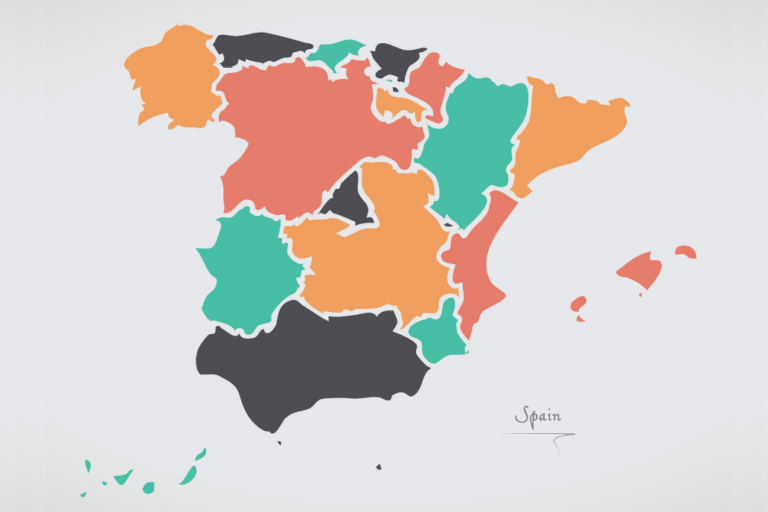- HOME
- THE FIRM
- OUR TEAM
- AREAS OF PRACTICE
- Ee IN THE PRESS
- JOIN US
- Ee BLOG
- CONTACT US
- EQUIPO ECONÓMICO
- C/Velázquez 28, 2º izda. 28001
Madrid España - Legal Notice, Privacy Policy y Cookies
- All rights reserved
Equipo Económico
Equipo Económico es una firma de servicios profesionales con amplia experiencia en el asesoramiento a empresas en materias de carácter económico, financiero, fiscal y jurídico-regulatorio.
EQUIPO ECONÓMICO
C/ Velázquez 28, 2º izda. 28001 Madrid España
Aviso Legal, Política de Privacidad y Cookies
Todos los Derechos Reservados 2021









